Deep Roots – Part 4
Every morning I wake up to a picture of my brother’s kids. They are the product of our family’s struggles, but also of our successes. For every perceived obstacle they will have to overcome, such as their Haitian ancestry, their blackness, etc, they have advantages that most (I’d guess 5 billion of the 6 billion on earth) humans on earth would kill for. They are American citizens, middle class, well fed, and will most likely be educated quite well. These beautiful children bring up some complex questions for me. I look at them and consider that for generations my ancestors have struggled, fought, and slowly but surely improved the lot of each proceeding generation. Their struggles have placed me at a critical point, at a mountaintop if you will. Their mores and morals force me to look about me and reconsider all that I have dreamt of, all that I aspire to.
For my entire life I’ve watched my grandmother and my father as they sacrificed everything for their children and their family. Through them I set my goals, to earn enough to leave my family in a secure position for generations to come. The problem is that, I’ve increasingly begun to question how noble my cause is. I must now consider the billions below me, the billions less fortunate, not just consider them but figure out what I owe them. The education with which I’ve been provided has opened my eyes not just to the suffering of those less fortunate but also the role I can/should play in bettering their lives. Learning about men like Paul Farmer and Nelson Mandela and women like Mother Theresa and Aung San Suu Kyi has proven to me that we each can have a profound effect on the world. (Don’t misunderstand me, I don’t mean to say I will ever achieve the profound positive influences that these people have had on the world, but I do believe I’ve been given the opportunity and thus the responsibility to have a positive effect on the world in whatever way I can.)
And so I ask what do I owe to the seeds of this next generation?
Who do I owe the most to?
Should I be providing as advanced a position as possible for Shanna, Kenaz, and Kemiel? Helping American children in general as I’ve chosen to do for the next two years as part of TFA? Or maybe something more?
Up to this point in my life I’ve been infatuated with my family. It doesn’t hurt that they are profoundly beautiful; not just to me but to anyone that sees them. The family life I have enjoyed has profoundly affected me. I feel indebted to my ancestors to continue the trend, to advance the family, and yet at the same time my ancestry itself asks me to do more. Haitian immigrants and Haitian slaves before them shaped my opportunities; I struggle each and every day with how to live up to both these legacies; to do right by Shana (pictured above)and her brothers in the mode of my father, who has given his whole being to ensuring the continued upward mobility of my immediate family through his care for my sister, brother, cousins, and I, while simultaneously living up to the legacy of the countless nameless slaves who gave their lives and their familial futures for the freedom I know enjoy.
(This ultimate sacrifice is something that is against the very nature of what scientists believe to be life, the continued survival and replication of our DNA . These men and women who rebelled, knowing they would probably die, against seeming insurmountable odds, transcended the physical and for me approach the eternal. How else to say thank you if not to find a way to work for the common cause of humanity as they did)
Recently many people have commended me on my choice to work with Teach for America for the next two years. Many commend my choice to choose a job that is “community serving.” While I understand why they say these things I nevertheless feel that they are looking past some important considerations. Personally I look at my choice to pursue the TFA career as profoundly self serving. I am getting paid (while the salary isn’t quite as good as an engineering job, it is nevertheless much better than what I might be making in Haiti) and it allowed me to be closer to my family. In the same way that I struggle with whether I should be focusing on my brother’s kids or the children in my school in TFA, I’ve been left with an even bigger and more profound question: How can I, a person of Haitian ancestry, choose to ply my trade in America at this time? Yes, TFA helps many, and I may have a profound influence on hundreds of American students who pass through my classroom, but don’t I owe something to my family’s country of origin? Couldn’t I go further out on a limb to help? In many ways I’ve chosen a path, that while nominally selfless, is in fact quite safe, secure, and self serving. I think there lies the root of the struggle, the root of my struggle at least, how far is it safe to go? How much personal risk am I willing to take on for the cause of others? In the end the most gains are made by risking the most, but will I risk it all? (Probably not)
It may take a lifetime but I hope to find an answer to balancing the equation, to figuring out how to do right by myself, my family, my country, my ancestry, and humanity. Too many times I think we forget that we have a responsibility to all these aspects of our world community.
Is it right to help my family when American children are in much worse positions, is it right to commit to TFA and American children, when Haitian children face far greater struggles, and is it right to focus on Haitian children just because they look like me and share a common ancestry, when there are billions living in just as poor conditions? Is there an answer?
I can’t say that its right, but I can say that its harder for me to ignore my societal responsibility the more connected I feel to another condition. It continues to puzzle me that Americans seem to feel more connected to their pets, as showcased through their outrage at Michael Vick, then their fellow humans, as showcased through the lack of outrage at the continued Genocide in Dafur.
Its infinitely easier to care for people who look like us or whom we believe share some commonalities. In the mid 80’s college students stood up to their university administrations, and citizens stood up to their government, and forced many to divest from interests in South Africa. The plight of the native peoples was taken up with great vigor, in large part I believe because Americans see a reflection of their country in South Africa. Even the racial tensions are the same White vs. Black. I can’t help but ask myself why as much popular support has not been found for the Palestinian cause. In the end I think its because in our day and age its easier for American to put themselves in the shoes of the Israel establishment (western, democratic, fighting the scourge of terrorism) then in the shoes of the Palestinians. Its crazy how you switch blacks for muslim’s and somehow many lose their ability to connect with an oppressed people.
I raise these questions not because I have answers, but because in the end I think they’re worth thinking about, worth considering. We all, each and every one of us, make personal decisions on how to divide our time between these different foci. The way we choose to split our focus is inherently personal, and therefore should not be judged [Many religious texts tell us not to judge, maybe they are on to something 😉 ]. Given the comparative opportunities afforded to any one reading this text, I think it important that we consider the implications for the world of our own personal choices.
The questions brought up earlier in this post were in many ways inspired by the next series of pictures. Playing soccer on this pitch (the proper term for any soccer playing surface) profoundly changed my life and how I perceive myself in the world. During our stay in Haiti, we (our small group of high school and college students) played a series of matches against the village soccer team. Their (I say their only because the community made it very clear during these matches that my sister and I were not part of them) team was made up of the village’s best 10-12 year olds. When I say they destroyed us, I mean they routed us as if we were the North Koreans and they were Portugal. We were forced to play an ugly defensive game as they sped past us with skilled passes and deft speed and strategy. We were amazed by their ability to play shoeless as we struggled on our unhardened feet; but all that is a story for another day.
As if I had miraculously been returned to a sixth grade gym class, I stood profoundly uncomfortable as the team’s separated to their respective halves to begin the game. I had been called blan (white) throughout my stay in Haiti but here, on the football field, I finally saw the difference. My experience, my life, my choices, my soccer was profoundly American. I had been struggling with my identity throughout the trip but on this soccer field I realized that while I am affected by my Haitian roots, the setting of my growth had made me inherently more American than any other identity when considered in the context of the whole world. Watching the children play, seeing how they understood each other’s movements made me realize that as much I wanted to be Haitian I would never be only that; and more importantly in my current state it was right and good of them to call me what I was: an American.
It’s interesting to me to consider the disparities in the accommodations and luxuries different communities enjoy. The poorest in the world play soccer on a dirt field. As we move up in the relative worth of the community, we see that these Brazilians play soccer on a dirt field as well, but they get true soccer goal posts to shoot at. I’m sure the Haitian village would love to have these goal posts but the beauty of their game and their field is that they find enjoyment in it regardless of the type of field they play on.
We can take this comparison further by looking at the field that INTERMURAL SOCCER plays on at Brown University. Earlier we spoke about the unequal division of resources in monetary terms, but seeing the actual difference in physical terms can also be helpful. I cannot truly fault the system because I am a part and a product of it; I enjoy my laptop, and camera, and ability to spend time asking these questions. Is it fair, or right, or just, that we enjoy these fields at Brown when the Haitian community at Bod-Me-Limbe makes due on dirt and without shoes? More importantly, is it fair that we do this and complain about dry fields when thousands are dying around the world each minute due to starvation? Is it just that our universities, and schools, and citizens, and families, and friends, and we, (myself included), horde money and stockpile goods while billions of humans live in conditions far worse than the average pet animals of many privileged westerner families?
While others look at this pitch and see something sad and small it is way more than that. For me it was where I discovered and came to terms with my mixed identities. For my companions and those who competed against us, it was a chance to realize our shared humanity. As the whole community cheered against us, I think our loss gave them something powerful: the knowledge that they were just as valuable as humans as we were; that our Americaness did not make us infallible, but rather that our humanity made us equals( or at least that we should be equal). The pitch made me realize that life in Haiti is in its own way a beautiful thing. Yes on average Haitians don’t share the same material wealth as we do, and don’t enjoy the same conveniences, but their lives, their triumphs, and their struggles are just as beautiful and just as true as any other person’s. Saying that and truly believing it were two definitive steps towards figuring out where I think I fall and what my responsibility is to our species and our world.
(one post left…next up Low Branches a project by Gabriel Doss)

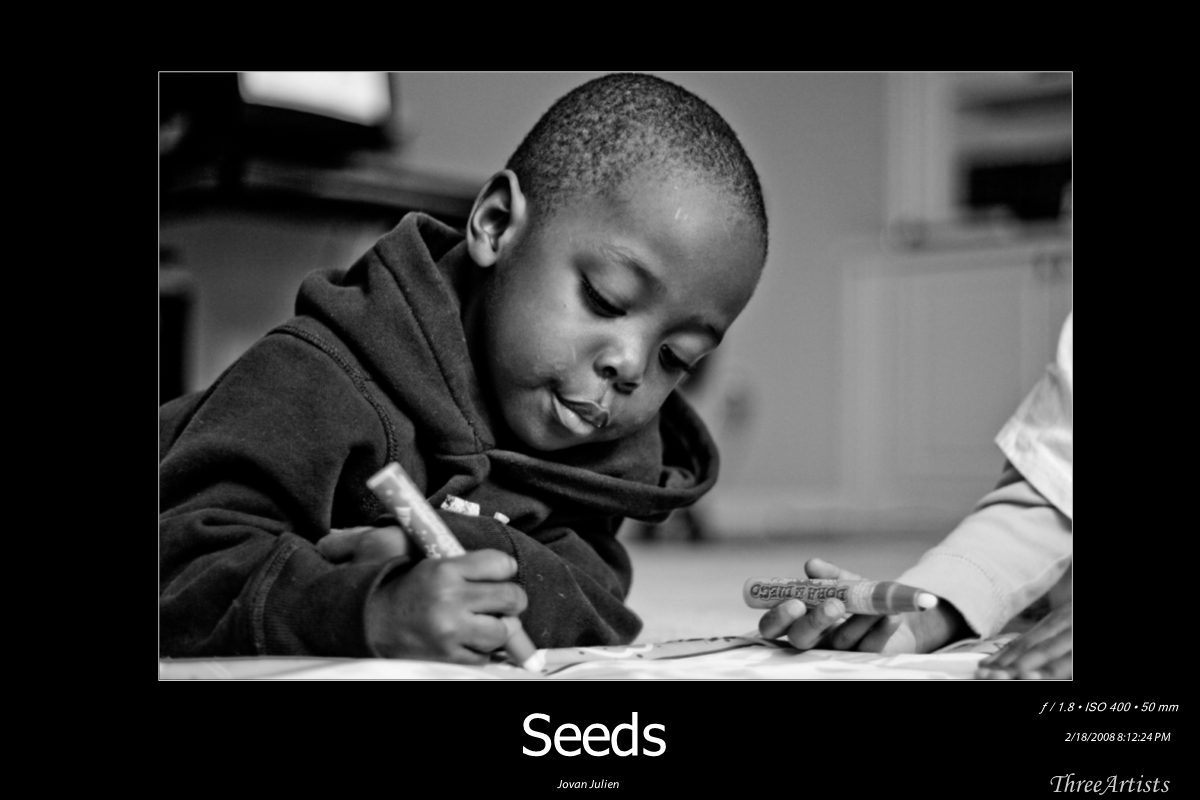
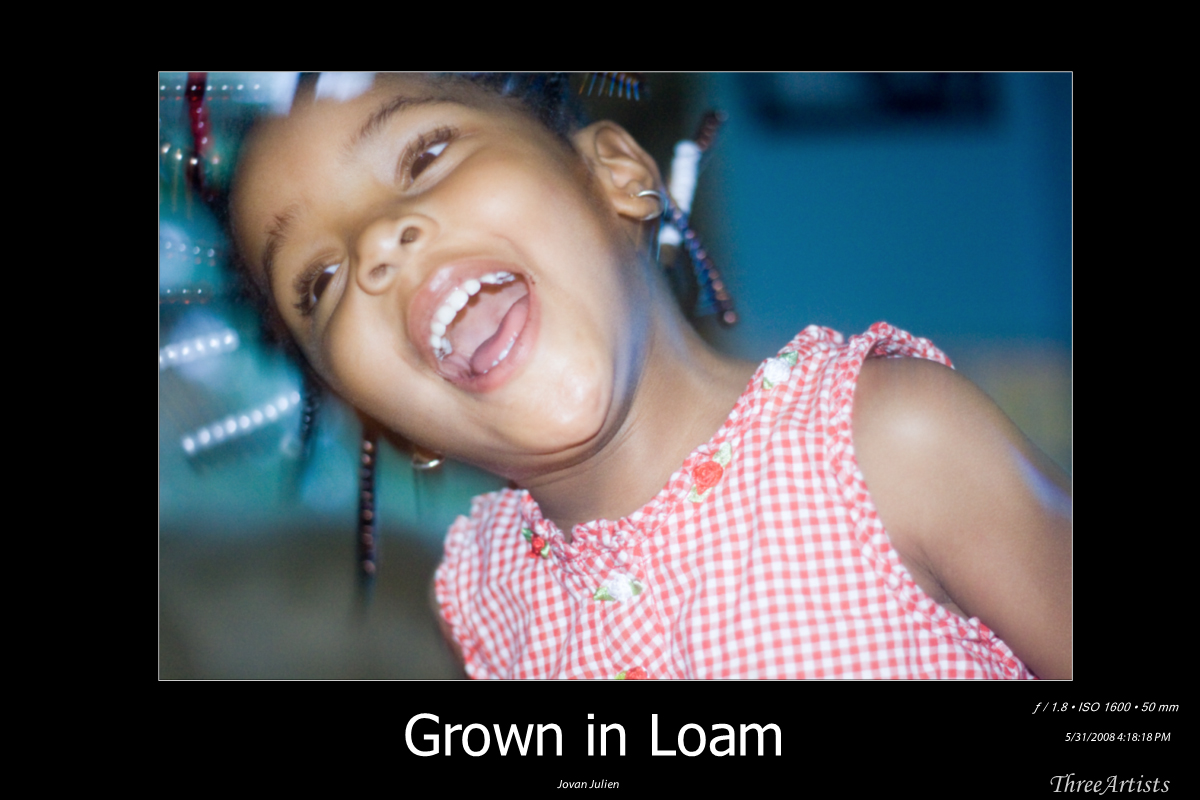
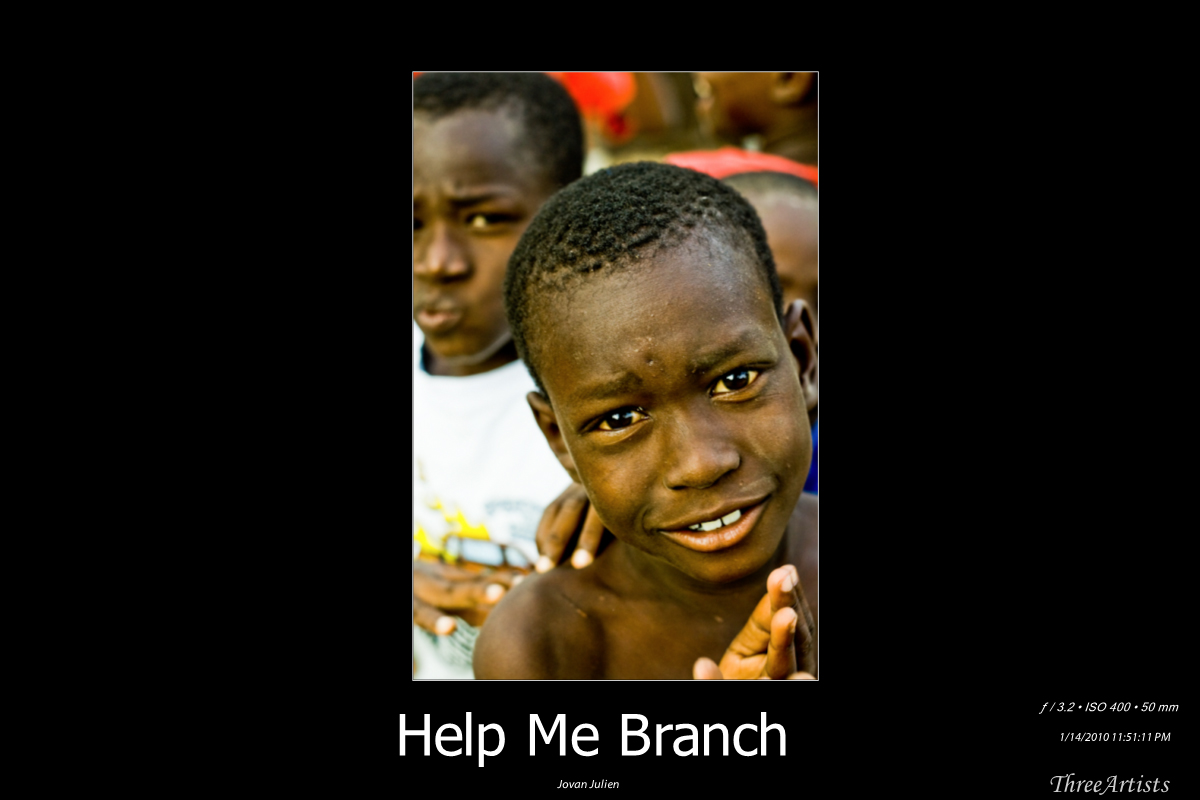
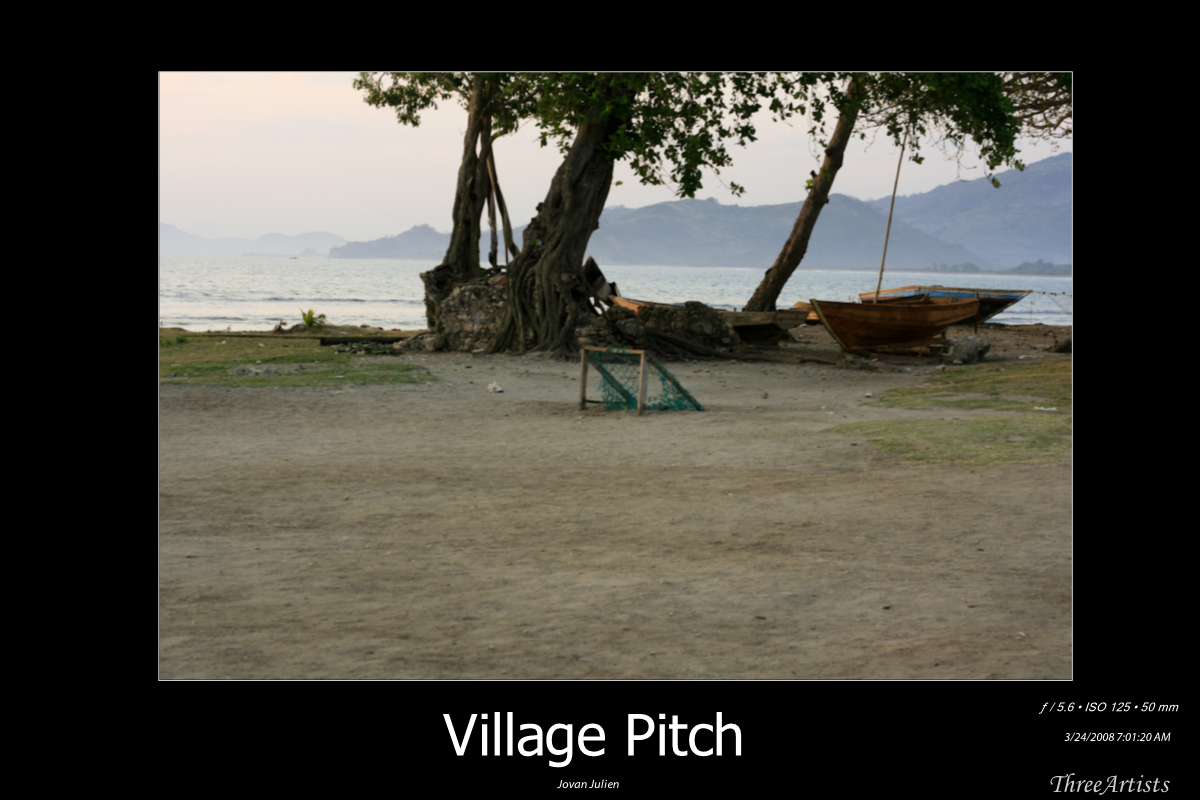
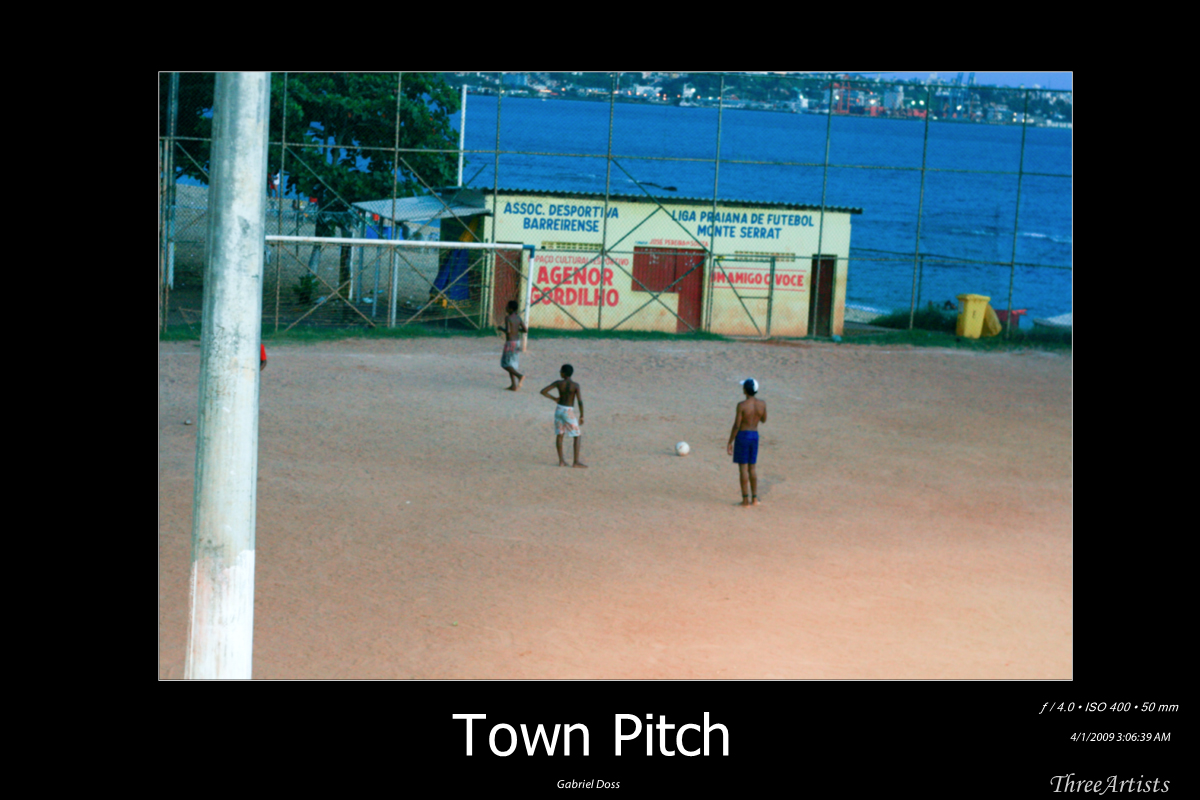
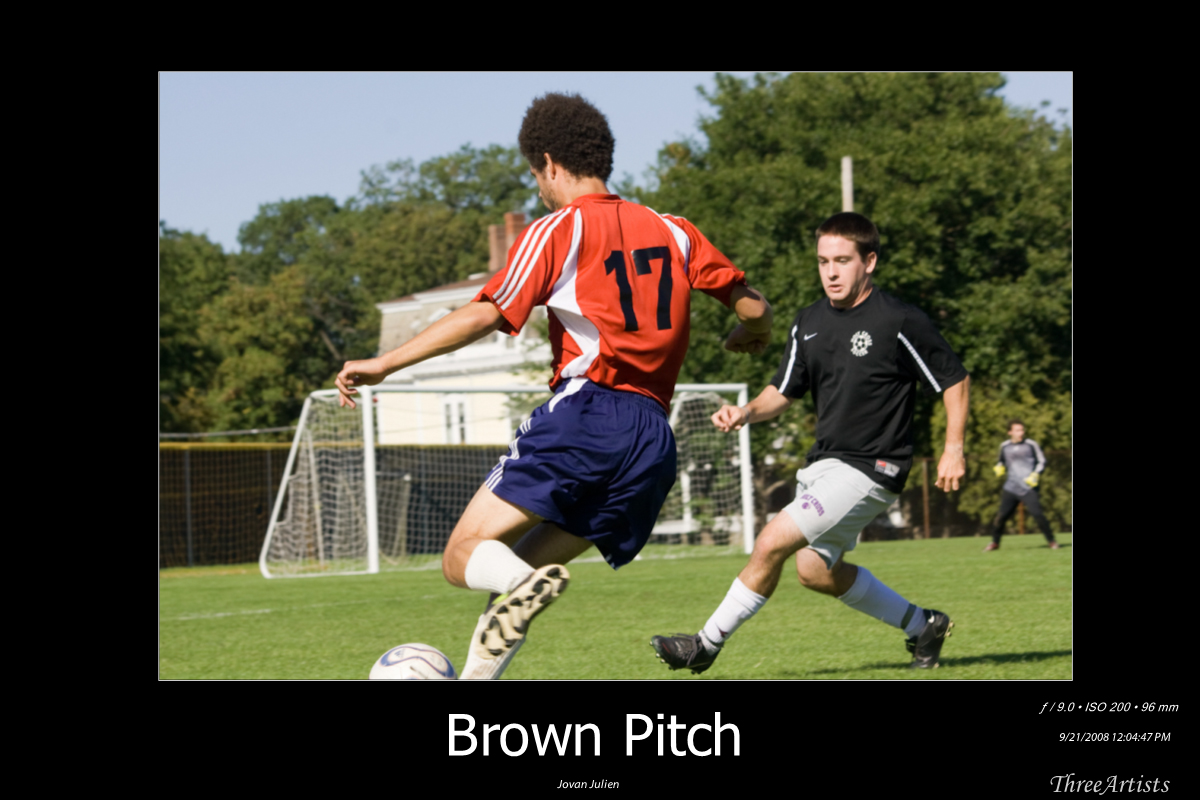
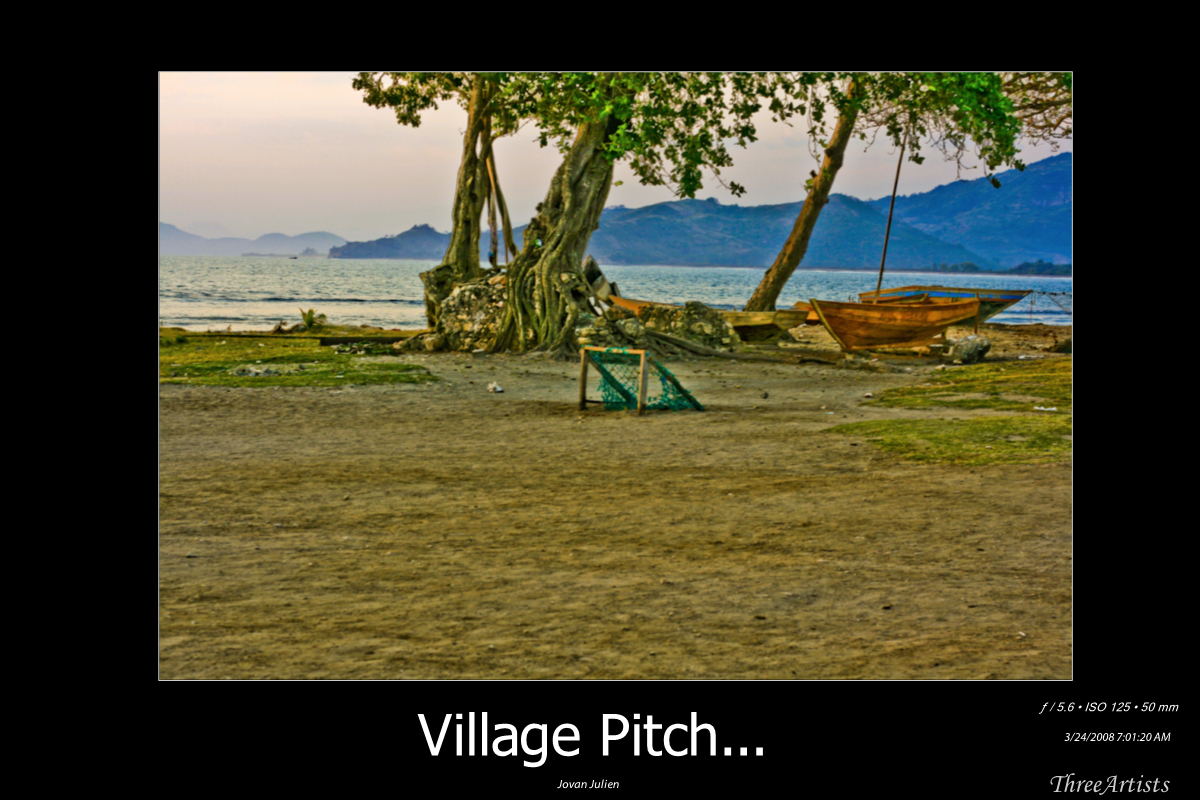
you are privileged, no doubt, and it has defined much of who you are. but never forget that you are also extremely talented and also blessed with a big heart. it is true that if given in the chance, many, many more in the world might perform like you have.
but your talent is still real, independent of your circumstances. so don’t sell yourself short. not everyone can be an engineer. and not all engineers care about the less privileged. you’ve got everything it takes to do everything you wanna do. you just gotta make sure to do it!
😀 i believes in you.